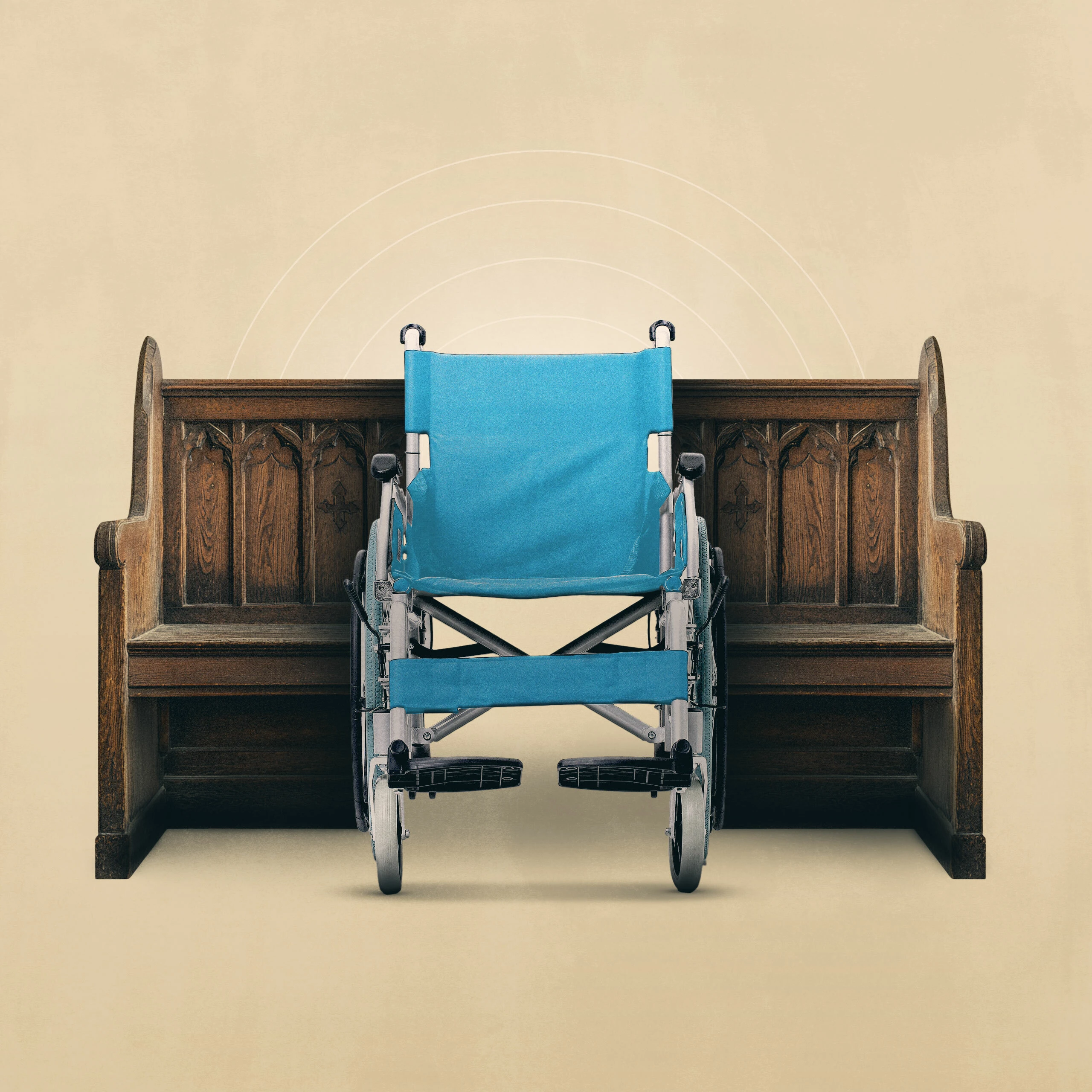How Can the Church Care for Its Disabled Members?

Within a few weeks of being called as the children’s ministry director to my current church, an elder and his wife requested a meeting. They began with this loaded question: “Are you here to minister to all the children in our church, or just most of them?” After giving the right answer (all of them, of course!), they proceeded to ask me how I planned to care for the five children and their families touched by disability who were members of our church. These challenging questions convicted my heart and rocked my ministry world, setting the stage for an eventual thriving disability ministry in our church.
The question of how to care for individuals and families touched by disabilities in the church is first answered by recognizing a responsibility to care for all members of the church. Disability ministry is not optional, even if there may not be many people with disabilities in your church. It is not a ministry that we focus on after the “more important” ministries to children, youth, etc. Virtually every local church has someone in their midst impacted by disability, whether clearly visible or more invisible. And there are many more people in the community who long to be embraced by the church as well.
In 1 Corinthians 12, the Apostle Paul describes the church as one body of Christ made up of many members. After describing how all members are both different and necessary, he writes: “The parts of the body that seem to be weaker are indispensable . . . that there may be no division in the body, but that the members may have the same care for one another” (1 Cor. 12:22, 25). Applying these truths to people with disabilities, we are called not only to care well for them but also to recognize that they are indispensable to the body of Christ.
The church is not only described in Scripture as the body of Christ but also as the family of God. So, while we are called to care for people with disabilities as a part of the body, we must do so from a family heart. As brothers and sisters in Christ, we share a family bond and a love for one another in Christ. With these two pictures of the church in our minds, here are five practical implications for how we care for individuals and families touched by disability:
Inclusion
As a church family, we should want all people to be included. Various disabilities make it challenging to become involved and be a functioning part of the body. We must look at each ministry area of the church, from worship to discipleship to missions, etc., and ask how we can ensure inclusion for all our members. We must do everything possible to enable people with disabilities not just to be included, but to fully belong (Eph. 2:19).
Accessibility
One of the more obvious ways we care for people with disabilities is by making our buildings accessible. How can all people worship together and be discipled together if we can’t get together? Making all our facilities accessible is always a priority. But we must also strive to make all our ministry programming accessible to everyone as well. How do we care for the hearing and visually impaired, those who need quieter spaces, as well as the cognitively impaired? Do certain individuals need a buddy to access Sunday School, Bible studies, and other ministry events? As a church family, we are to seek to give all members full access to family life.
The call to disability ministry is the call to care for all God’s people.
Sharing of Gifts
All members of God’s family have been given spiritual gifts for the common good (1 Cor. 12:7). This includes all Christians with disabilities too. So, while we are to serve and care for people with disabilities, we are also to disciple and equip them to use their gifts to glorify God and serve other people. The church family is incomplete without the gifts that people with disabilities have to offer.
Real Relationships
The world tends to dehumanize people with disabilities. Even Christians can sometimes only see the disability and not the person. When we embrace one another as family, we seek real relationships with real people. We must go beyond “taking care” of people with disabilities and really care about them. Know their story. Know them. Love them.
Respite for Caregivers
A final way that the church can care for individuals touched by disability is to care for their caregivers. Offering parents a night out or a few hours of rest from the relentlessness of caregiving is essential to long-term care. It is typically a simple task for most people to find respite for themselves from the cares of this world. Families touched by disabilities need help from their church family to find rest and rejuvenation for their bodies and souls.
Conclusion
In our world often characterized by isolation, division, and conflict, Christians can also easily become disconnected from one another. But, as the church, we are to live out our dual reality: we are the body of Christ connected to one another, and we are the family of God called to love and care for each other. The call to disability ministry is the call to care for all God’s people.

